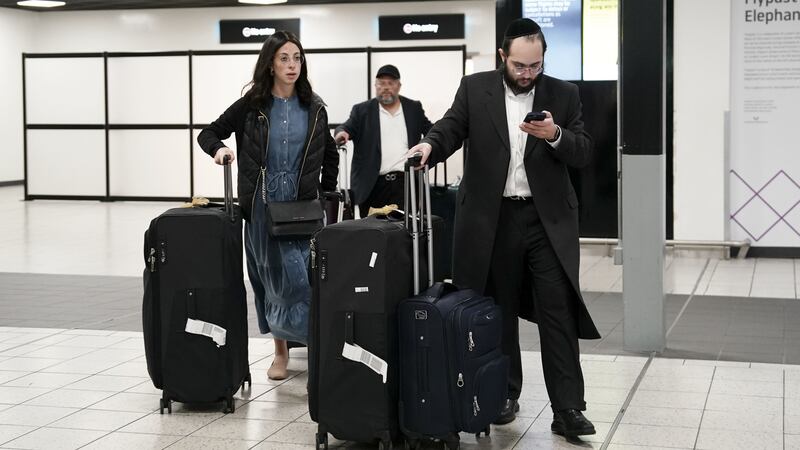“Exploitative” companies running children’s homes targeted by the Government for making excessive profits will still find a way to “game” the system, MPs have been told.
A leading sector figure also warned that smaller providers could fall foul of the proposed cap as they do not have the corporate structures that enable big firms to avoid restrictions on profits.
Appearing before the Commons Education Committee on Tuesday, Mark Kerr, chief executive of the Children’s Homes Association (CHA), said the focus on residential placements for children ignored similar margins made by foster care providers.
He added care home providers had become a “political target every time we have had a high-cost outlier”.
But Mr Kerr explained that when fees of up to £50,000 a week had been identified, the CHA had never been able to “track it back” to a regulated children’s home.
“They have generally been unlawful, unregulated and unregistered placements,” he said.
The Government has pledged to tackle such providers, which Mr Kerr said are currently hosting about 750 children.
But he warned that supporting small and “micro” providers should also be the Government’s focus.
Mr Kerr added: “They don’t have the economies of scale or the market oversight.
“Most of the focus of the Government in this area is targeted at the very large ones and most of those are offshore, so there is a risk that the (Government) will push them further offshore.

“Unfortunately with these large multi-billion pound corporations, if you put on some sort of cap, they will find a way of gaming it, and it will be your smaller, micro-providers that actually struggle because they don’t have international corporate structures that allow them to avoid the cap.”
Mr Kerr also said the Government’s plan ignores that “system spillage or leakage” – money that flows out of the children’s social care system – is because of loans “from tax havens at a very high interest rate”.
He added: “What we would ask is that the Government monitors the unintended consequences, and whether or not any measures of fixing interest rates or fees will have the outcome they want on the companies they want.”
Mr Kerr was also asked if he would welcome a new requirement that any new provider seeking to enter the market must be owned and domiciled in the UK.
He said: “The Children’s Homes Association believes in a mixed economy of care.
“When I check with the leadership, working closely with the board and our members, we believe that general taxation pays for children’s social care, and what I care about is a mixed economy that delivers social value.
“For me, page one of social value is that you are subject to the tax system in the country that you have received these monies from public services.”
The Government announced in November that it will move to prevent companies that run children’s homes in England from making excessive profits.
Regulator Ofsted will also be strengthened to investigate and fine “exploitative” providers that take advantage of a children’s social care system under severe pressure.
The Government introduced the Children’s Wellbeing and Schools Bill in the House of Commons on Tuesday, which Education Secretary Bridget Phillipson said “will seek to keep children safe”.
The legislation includes removing the automatic right of parents to take their children out of school for home education if the young person is subject to a child protection investigation or under a child protection plan – meaning the child is suspected of being at risk of significant harm.
The proposed legislation will also give local authorities power to intervene and require school attendance for any child if the home environment is assessed as unsuitable or unsafe.
The Bill comes on the same day 10-year-old Sara Sharif’s killers were sentenced, in a case which has raised questions over safeguards around home-schooling.









